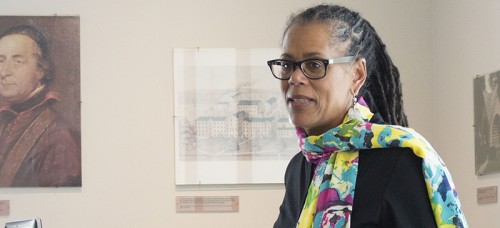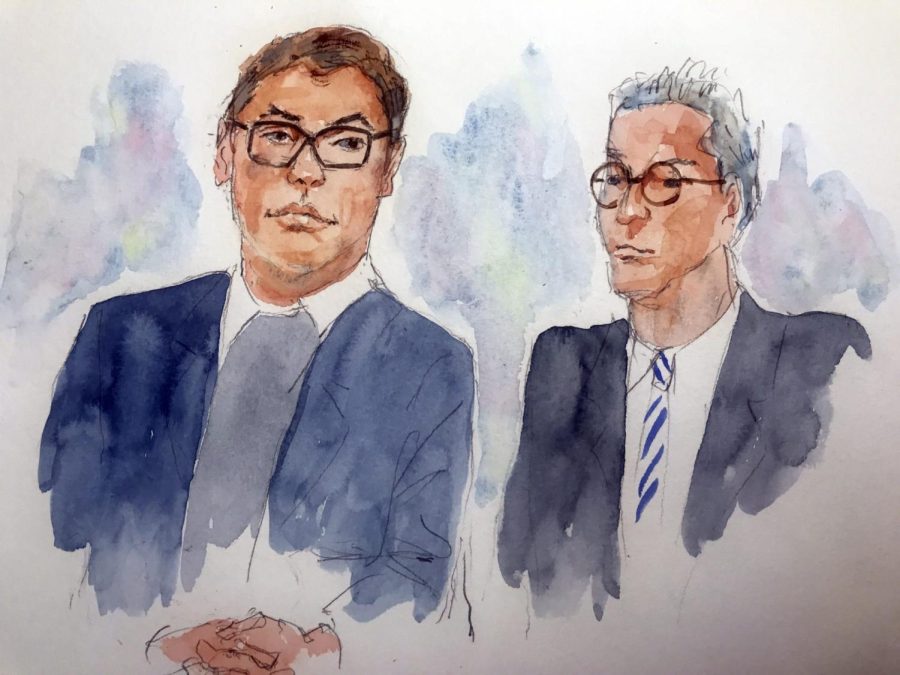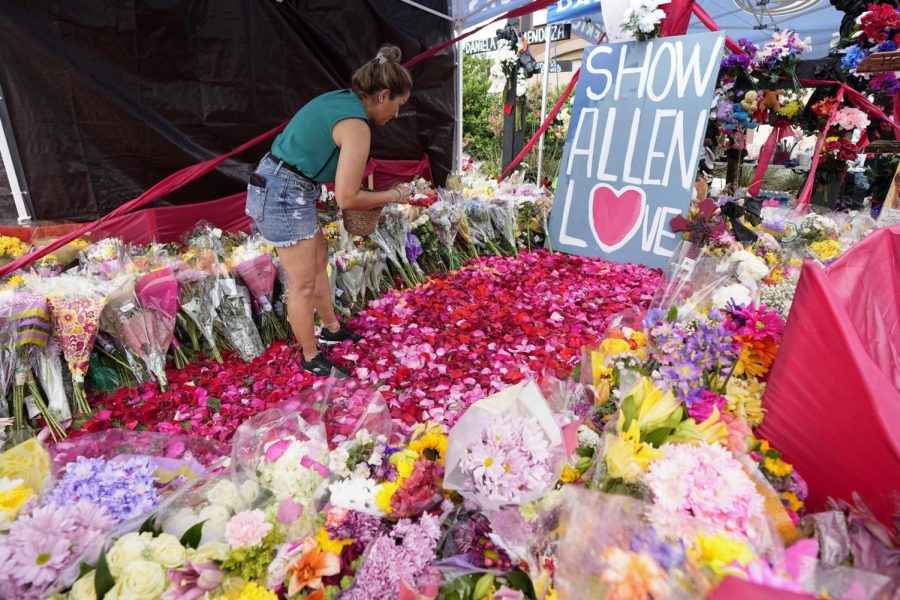
When a young woman is followed and assaulted on the street, the standard actions are simple: call the authorities, notify the police.
But take into account the story of people like “Ms. B,” formerly a resident and activist at the now demolished Stateway Gardens project homes (her true name was never released publicly). In the past, she was assaulted by a quintet of undercover police and raped multiple times, sometimes forced to perform oral sex to avoid bogus charges based on police-planted drugs. Although she won a class action lawsuit years later against the officers, justice failed, due to the small monetary settlement she received while the officers simultaneously kept their jobs.
For many women, who is there to turn to when the police fail?
“What do you do if you’re hurt? Dial 911. It’s like an instinct,” Beth E. Richie, the director of the Institute of Research on Race and Public Policy, said. “All we say is ‘call 911.’ That’s what carceral feminism has done, aligned us so closely with the ‘prison nation’ that we only have one possible solution (to female violence).”
Richie, also a former activist and currently a sociologist at the University of Illinois at Chicago, delivered a speech at DePaul on Wednesday, May 7, addressing such topics. Her discussion, titled “The Trouble with Carceral Feminism: Race, Gender, Violence, and Mass Criminalization,” critiqued portions of the feminist movement for relying too heavily on punishment and the “American prison nation” as the primary means for dealing with violence against females. Such beliefs have been dubbed as carceral feminism.
The “American prison nation,” as she described, involves more than just America’s prison system. Rather, it incorporates other institutions and apparatus – such as legal changes, or the holding cells placed in many of Chicago’s public schools – that serve to further the social ideological shift from treatment to punishment and the “criminalization of problems.”
“The prison nation led to divestment of resources from communities of color and other marginalized groups. (It) was justified because of a neoliberal policy that said, ‘People with problems need to take care of themselves … or get over these problems,’” Richie said. “We (divested) with mental health, with substance abuse, with lack of prenatal care.”
Thus, the larger narrative of carceral feminism and the American prison nation stems not only from the direct harm that comes from incarceration or over reliance on potentially violent police officers; it stems from those harmed due to the redistribution of resources away from treatment programs.
“(Nowadays,) we can better identify who caused harm; we have mandatory arrest laws; we have special courts for people who are labeled ‘batterers,’” Richie said. “But (carceral feminists) oft-failed to tell victims, ‘call your local housing authority, and there will be mandatory housing for you.’ Or ‘call your local childcare center, and we’ll make sure your kids get adequate care’.”
A 2014 sexual violence study conducted by the White House found that 33.5 percent of multiracial women and 22 percent of black women experience rape during their lifetimes, as well as 13 percent of lesbians and 46 percent of bisexual women. These high rates are even more concerning since members of such groups are often economically marginalized or unable to access help after violence.
The concerns over the American prison nation remain particularly pertinent today – with the police killings of African-Americans Freddie Gray, Michael Brown and Eric Gardner still fresh in the mind. But during the discussion, Richie reminded the crowd that women – particularly those of color – remain a large part of those victimized by police or prison, and that the prison nation can continue to harm those even beyond the prison system.







